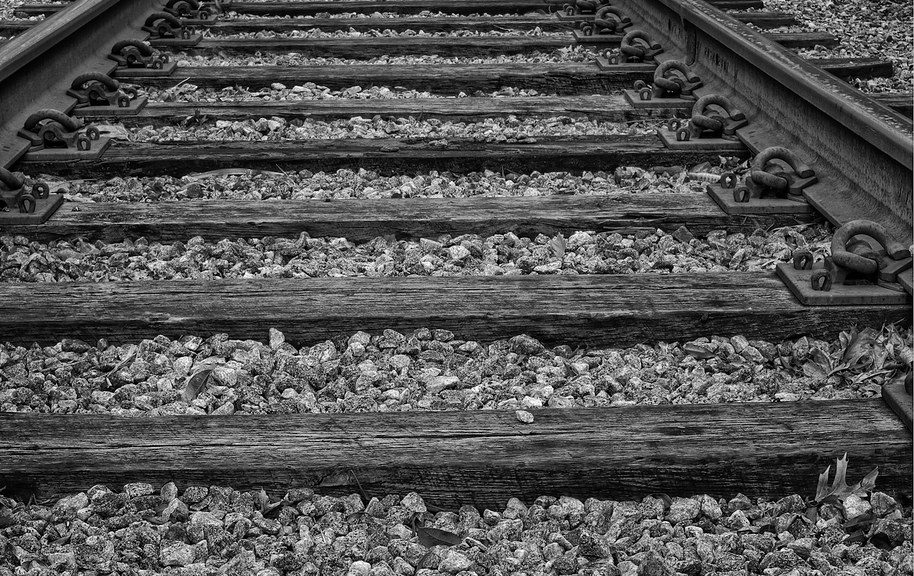“We weren’t poor growing up. We didn’t have to look for coal by the railroad tracks, like some families did.”
My grandmother—of the Great-Depression-and-crushed-fascists generation—used to say this all the time, and what rolled my eyes as a teenager now seems to me to be a pretty good benchmark. These are desperate times, for sure, and while we almost certainly won’t sink to a Great Depression, that it’s even on a radar screen of remote possibilities for the first time in my life is striking.
Despite the endless histories of “the Greatest Generation,” I am of the opinion that they waited too long to tell their stories—certainly on an individual basis. They’re mostly gone now, and with them are millions of untold lessons of how to survive desperate times.
Don’t let this happen today. Tell your story, and tell it from a position of strength, because if you’re able to tell it, that means you’re still alive, and if you’re still alive, that means you’ve got strength…of health, of your personality, of your beliefs.
Write or record daily. A paragraph. A sentence or two about the most remarkable thing you saw or heard or witnessed. A 30-second video. Save them all.
My story yesterday involved a cucumber. We’re more than prepared at home with staples, but I was craving fresh vegetables, so did an off-hours grocery run. Of course, there aren’t “off hours” any more, and it was busier than I’d have preferred. I avoided people, grabbed some peppers and tomatoes, bagged some cucumbers, and headed to the register.
The bag broke, and the cucumbers fell to the ground. I swore, because that’s what I do, and a very kind older woman bent over to retrieve one.
“DON’T TOUCH IT!,” I barked, embarrassed at myself as soon as I spoke. The cucumber is on the ground, for god’s sakes, so we’re already well past the point that a woman who likely wiped her carriage twelve times is going to add to my premature demise.
She stopped, and I apologized and thanked her. She said, “Oh, I get it. Believe me.”
The register lines were crowded, so I picked a self-service one and kept my distance from a younger mom rushing to check out, the belt full of young kids’ food. The machine got an error, and a flashing light signaled for staff assistance. She started shaking. She looked back, eyes reddened and crying, and apologized.
I was chastened from my behavior earlier and said something like, “It’s no problem. We’re all in this together.”
She smiled, said thanks, and we wished each other good health as we went our own ways.
They were two very human moments in very inhumane times.
If you spend any time in nature, I mean really in nature, you know this: it is brutal and harsh and unforgiving.
As nature’s most advanced creation on this Earth, we do not have to be.
These are the stories we can tell. So tell them. Tell them to your children. Tell them to your grandchildren. Somewhere down the road, it will cause rolled eyes.
Until it doesn’t.
Until future generations look back and see solidarity, preparedness, acceptance, sacrifice, kindness, science, new thinking, and the individual actions of billions got us through 2020. We will lose too many, and we will learn so much.
We have been too slow this time. Nature’s most advanced creation is reeling from one of nature’s tiniest. Telling your story will help it be different the next time around.
Because there will be a next time around. And they will need our strength, as we need that of those before us.
